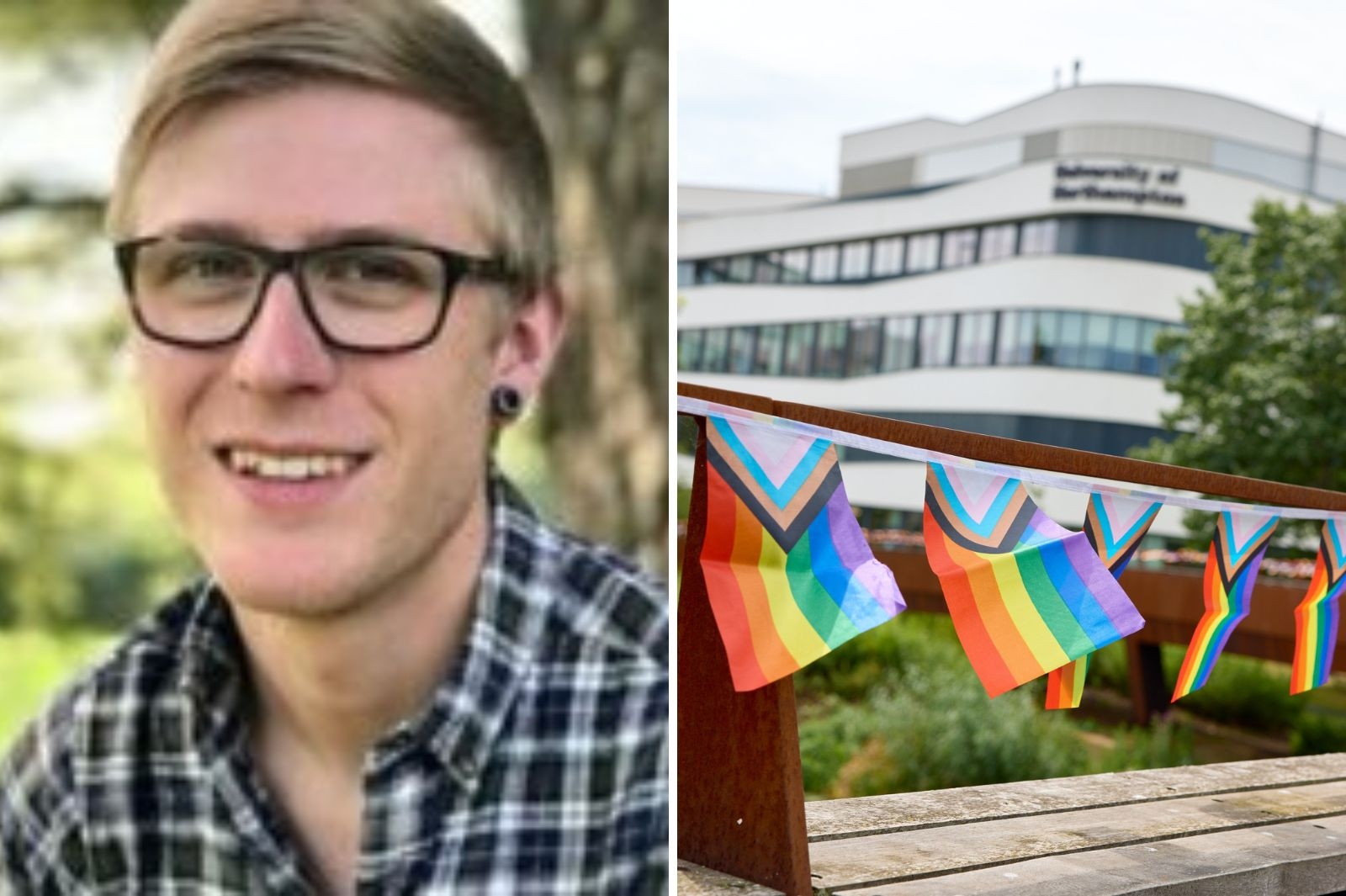Psychology academic receives prestigious grant to develop self-help resource for trans and gender-non-conforming people
Date 15.04.2024

A University of Northampton (UON) lecturer is preparing to help people navigate their transition to a different gender identity with research supported by a highly prized grant.
Dr Luke Ward (pictured) from the Centre for Psychological and Sociological Sciences are looking to develop a self-help resource for trans and gender non-conforming people navigating their sexuality.
The British Academy/Leverhulme Small Research Grants are highly prized. The Grants support primary research in the humanities and social sciences and offer up to £10,000 to help cover expenses arising from a defined research project.
This year was another competitive one. Only 232 of 946 eligible applicants were selected to receive a grant. Two of the lucky academics include one from UON – Dr Luke Ward, Lecturer in Child & Adolescent Mental Health – as well as former Associate Lecturer in Psychology, Dr Alastair Pipkin.
Luke and Alastair’s project will focus on co-producing a psychological self-help resource for trans and gender non-conforming people to navigate their gender identities and sexualities. The research commences next month and will be in three phases:
- Collaborate with community members to co-design the research.
- The team will hold a workshop with community members and professionals who work with gender diversity to develop an initial draft of the self-help resource.
- There will be a final testing phase to evaluate the feasibility of the self-help intervention.
Luke and Alastair will use Academy’s British Academy/Leverhulme Small Research Grants to recruit support from a UON Child and Adolescent Mental Health graduate, an external consultant, and a designer to illustrate and produce the self-help resource, and to also disseminate the findings.
Luke says: “Alastair and I feel incredibly proud to receive such a competitive grant, as we put a lot of consideration and work into the bid.
“This project is a progression from previous research that we have already done at the University to help investigate the intersectional experience of transitioning gender and one’s sexuality.
“This is a largely understudied area with a lack of resources to support communities (and professionals) navigate any potential changes. With support often available only through over-stretched gender health and identity clinics and with self-help measures usually more accessible, scalable, and effective at addressing psychological difficulties, our planned resource will be a much needed and timely additional resource.
“The support from our subject area and the research team has been lovely and has helped build the excitement for starting this project! Alastair and I look forward to revealing the results of our research after the project concludes in November 2025.”